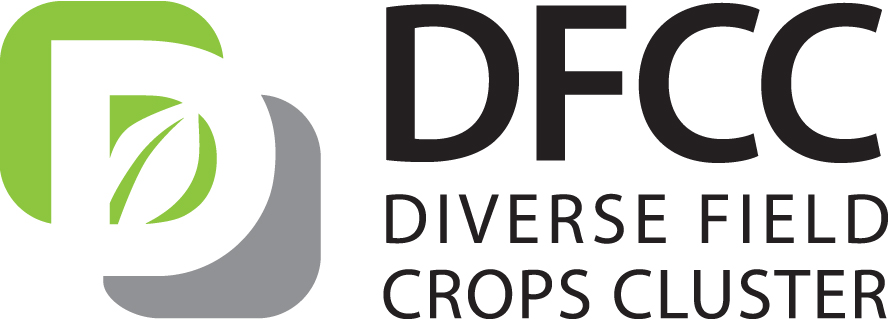Quinoa: it’s a Canadian thing!
Quinoa may have gotten its start in South America but the crop is finding a new home in the Canadian Prairies.
This ancient grain packs an impressive nutritional profile, earning the title of “superfood” and attracting attention within the value-add food market. The expanding markets, increasing demand and attractive market prices have more Canadian growers considering adding quinoa to their crop rotations.
Northern Quinoa Production Corporation (commonly known as NorQuin) is a vertically integrated organization specializing in all areas of Western Canadian quinoa production and utilization. The company saw a three-fold increase in contracted acres from 2019 to 2020 and hopes to reach a quarter-million contracted acres by 2024.
“It’s a pretty aggressive target,” says Marc Vincent, NorQuin’s vice president of research and development. But the target is not unrealistic. “We see Canada becoming one of the leaders in the next five years or so,” he adds.
Growing quinoa in Canada has had its challenges, “there were few varietals actually adapted to grow here and the yields weren’t great,” explains Vincent. The NorQuin team has worked hard to address these issues through their variety development initiatives. To date, they have developed three “made for Canada” varieties and are looking to complete a fourth by 2023.
NorQuin’s current variety development project is backed by the Diverse Field Crops Cluster-a program that supports research and development initiatives for promising Canadian crops- and aims to develop a new commercial quinoa variety that is profitable for growers and satisfies targeted standards of quality.
Versatility within the food ingredient market is a top priority for Vincent and his team as they screen potential lines for seed quality characteristics. “We’re targeting the all-purpose quinoa category,” explains Vincent. This means selected seed varieties must offer a specific starch profile and high protein content.
The team has spent the past two years analyzing seed nutritional data from over 425 parent lines. The data allowed them to identify lines producing seeds with superior protein values. “We’re well over 16 per cent protein content,” says Vincent. That is 3 per cent higher than current commercial varieties. Results also identified parent lines that produce seeds with starch profiles suitable for the lucrative “all-purpose flour” market.
Alongside seed quality, agronomic traits are an essential variable within NorQuin’s variety development project. “If we don’t have both then we don’t have success in the market,” explains Vincent. “It’s about trying to find that balance where you get optimal quality and good yield.”
This past summer, Vincent and his team completed their first yield-trials using varieties that met their targeted quality standards. “We got some very exciting results,” says Vincent. “We’re seeing a 10 to 15 per cent increase in yield compared to our current varieties.”
The team recently wrapped up screening activities for their upcoming 2021 yield-trials and are optimistic about the selections. “Now that we know the quality is where we want it to be,” explains Vincent, “the next two years will focus on ensuring that the varieties we bring to the finish-line are going to be the ones that perform well in all our current Canadian growing locations.”
Written by Janna Moats
___________________
This DFCC activity is led by NorQuin with funding from Agriculture and Agri-Food Canada’s Canadian Agricultural Partnership program and Northern Quinoa Production Ltd (NorQuin).
The Diverse Field Crops Cluster (DFCC) is a unique alliance of industry partners: Canadian Hemp Trade Alliance, Canary Seed Development Commission of Saskatchewan, Saskatchewan Flax Development Commission, Smart Earth Camelina Corporation, Manitoba Crop Alliance, Mustard 21 Canada Inc, and Northern Quinoa Production Corporation. DFCC aligns industry and research stakeholders to seize market opportunities and accelerate the acreage and market returns of special crops. Ag-West Bio leads this five-year research cluster which is funded by Agriculture and Agri-Food Canada’s Canadian Agricultural Partnership program and industry partners.

